Understanding the Role of a Prosecutor Explained
Did you know that prosecutors are responsible for bringing defendants in criminal cases to justice in the name of the state? They play a crucial role in ensuring that the legal system functions effectively and that individuals who have committed crimes are held accountable for their actions.
Prosecutors, also known as crown counsel in the United Kingdom and public prosecutors in some countries, have a wide range of duties and responsibilities throughout the criminal justice process. From investigating cases to presenting evidence in court, they work tirelessly to uphold the law, protect the rights of the accused, and maintain public safety.
In this article, we will delve into the role of a prosecutor, including their responsibilities, qualifications, exercise of prosecutorial discretion, ethical obligations, and impact on the justice system. Let’s explore the fascinating world of prosecution and gain a deeper understanding of the crucial role they play in our society.
Key Takeaways:
- A prosecutor is a government official responsible for bringing defendants in criminal cases to justice.
- Prosecutors have various duties, including investigation, trial proceedings, and appeals.
- Qualifications for prosecutors typically include a law degree and passing the bar exam.
- Prosecutors have discretionary powers in deciding whether to file charges, negotiate pleas, and pursue specific outcomes.
- Prosecutors have ethical obligations to maintain fairness, objectivity, and dignity in their conduct.
Responsibilities of a Prosecutor
As a prosecutor, my duties encompass a wide range of crucial responsibilities in the criminal justice system. This section will delve into the various tasks and obligations that come with the role.
One of the primary responsibilities of a prosecutor is conducting thorough investigations. This involves gathering evidence, interviewing witnesses, and collaborating closely with law enforcement agencies to build strong cases against defendants.
Once the investigation phase is complete, prosecutors must make critical decisions on whether to file charges. This calls for an in-depth analysis of the available evidence, legal considerations, and the interests of justice. Making these determinations requires a sound understanding of the law and careful judgment.
After charges have been filed, prosecutors face the crucial task of presenting cases in court. This involves skillful advocacy, ensuring that the evidence is effectively presented to the judge and jury. Cross-examining witnesses is also a fundamental aspect, where prosecutors aim to elicit the truth and challenge the credibility of the defense.
Furthermore, as prosecutors, we play a vital role in recommending appropriate sentences. This entails weighing various factors such as the nature of the offense, the defendant’s criminal history, and the impact on victims and society. These recommendations contribute to the pursuit of justice and maintaining public safety.
Throughout the criminal justice process, prosecutors have a duty to act with fairness, objectivity, and integrity. We must uphold the principles of due process, ensure the rights of the accused are protected, and represent the interests of the community.

Qualifications of a Prosecutor
Becoming a prosecutor requires individuals to meet specific qualifications and acquire essential skills to fulfill the role effectively. Here are the key requirements for aspiring prosecutors:
- Law Degree: To embark on a career as a prosecutor, individuals typically need to complete a law degree program. This comprehensive education provides a solid foundation in legal principles, procedures, and analytical thinking.
- Bar Exam: After obtaining a law degree, aspiring prosecutors must pass the bar exam in their jurisdiction. This rigorous examination assesses their knowledge of the law and their ability to apply legal concepts to practical scenarios.
- Practical Experience: In addition to academic qualifications, gaining experience as a practicing attorney is often a prerequisite for becoming eligible for a prosecutor position. This hands-on experience allows individuals to develop their legal skills and understanding of criminal law.
- Communication Skills: Effective communication is vital for prosecutors. They must be able to clearly and persuasively present their cases in court, eloquently argue their positions, and interact with various stakeholders, including judges, jurors, witnesses, and defense attorneys.
- Analytical Abilities: Prosecutors deal with complex legal issues, and strong analytical skills are necessary to evaluate evidence, research relevant case law, and develop persuasive legal arguments. These skills enable them to construct coherent and logical narratives to present in court.
- Commitment to Justice: A deep-rooted commitment to justice and upholding the law is an essential quality for aspiring prosecutors. They should demonstrate a strong ethical compass, fairness, and impartiality in all aspects of their work.
By meeting these qualifications and honing their skills, individuals can embark on a fulfilling career as a prosecutor, dedicated to seeking justice and ensuring the integrity of the legal system.

| Qualifications | Description |
|---|---|
| Law Degree | To become a prosecutor, individuals typically need to complete a law degree program. |
| Bar Exam | Aspiring prosecutors must pass the bar exam in their jurisdiction to demonstrate their legal knowledge. |
| Practical Experience | Gaining experience as a practicing attorney is crucial for aspiring prosecutors to apply legal principles effectively. |
| Communication Skills | Prosecutors must possess strong communication skills to eloquently present cases in court and interact with stakeholders. |
| Analytical Abilities | Strong analytical skills enable prosecutors to evaluate evidence, research case law, and develop persuasive arguments. |
| Commitment to Justice | Prosecutors should demonstrate a deep-rooted commitment to justice and upholding the law in their work. |
Prosecutorial Discretion
Prosecutors play a critical role in the criminal justice system, and one of their key powers is prosecutorial discretion. This authority allows them to make crucial decisions regarding the handling of criminal cases, ensuring that justice is served in the best interest of the public.
Prosecutorial discretion grants prosecutors the power to decide whether to file charges against individuals, negotiate plea bargains, and determine the desired outcomes in criminal proceedings. With this discretion, prosecutors can carefully evaluate the strength of evidence and consider various factors that may impact the case’s outcome.
While the goal of prosecutors is not solely to secure convictions, they must ensure that all available legal proof is presented during the proceedings. This includes taking into account the fairness and integrity of the process to uphold the principles of justice.
In exercising prosecutorial discretion, prosecutors also consider systemic factors and background issues that may have contributed to an individual’s involvement in the criminal justice system. By taking a holistic approach, they can address underlying societal issues and potentially find alternatives to incarceration or dedicated rehabilitation programs.
Prosecutorial discretion is a powerful tool that allows prosecutors to balance the interests of justice and fairness. By carefully considering the facts of each case and the potential consequences, they can make informed decisions that have a meaningful impact on individuals and communities.
| Pros of Prosecutorial Discretion | Cons of Prosecutorial Discretion |
|---|---|
| 1. Allows flexibility in addressing individual circumstances | 1. Potential for bias or discriminatory practices |
| 2. Considers systemic factors and background issues | 2. Lack of transparency in decision-making |
| 3. Can lead to fair and just outcomes | 3. Inconsistent application of the law |
| 4. Focuses on rehabilitation and alternative resolutions | 4. Perceived leniency or undue favoritism |
Ethical Obligations of Prosecutors
As prosecutors, we have ethical obligations that set us apart from other litigants in the legal system. These obligations form the foundation of our role and guide our actions in pursuit of justice. Our commitment to maintaining fairness, moderation, and dignity in our conduct during litigation is of paramount importance.
One of our primary ethical obligations is to make disclosure in accordance with the law. This means that we must provide all relevant information to the defense, ensuring transparency and fairness in the legal process. By doing so, we uphold the principle of a level playing field for both the prosecution and defense.
Additionally, it is crucial that we state the law accurately, without bias or personal opinions. Our role as prosecutors is not to express our own views on the evidence or the guilt of the accused, but to present the facts objectively. This ensures that the rights of the accused are protected and that the integrity of the legal system is upheld.
Crown counsel must also act with civility and respect towards all parties involved in the legal proceedings. We should refrain from engaging in inflammatory rhetoric or demeaning commentary that undermines the professionalism and integrity of the justice system. By embodying respect and civility, we contribute to a fair and unbiased legal process.
Fulfilling our ethical duty requires us to be fair and maintain public confidence in the administration of justice. Our actions should inspire trust in the legal system, demonstrating that justice is being served without partiality or discrimination. We have a responsibility to uphold ethical standards and ensure that every individual is treated fairly under the law.
As prosecutors, we recognize and embrace our ethical obligations. By adhering to these principles, we contribute to a just and equitable legal system that serves the best interests of society as a whole.
The Impact of Prosecutors on the Justice System
Prosecutors play a crucial role in shaping the justice system, exerting a significant impact on its functioning and outcomes. They possess the power to address social problems and prioritize certain types of cases based on community concerns, actively contributing to the maintenance of law and order in society.
Furthermore, prosecutors are not only legal experts but also adept managers. They must possess strong management skills to effectively handle the complex caseloads assigned to them, efficiently supervise their staff, and develop policies that reflect the priorities of public safety and justice.
To ensure their actions contribute positively to the justice system, research on prosecutorial activities and their impact is vital. This research helps identify effective strategies that lead to favorable outcomes and distinguishes them from those that may be ineffective or even harmful. By understanding the impact of their decisions, prosecutors can make informed choices that address systemic issues and foster a fair and equitable justice system.
- Canada Arrest Protocol: What Police Say Upon Arrest - June 12, 2025
- Can Police Disclose Who Reported You? Find Out Here - June 6, 2025
- 2025 Window Rebates Ontario: How to Save Money While Replacing Windows and Doors - April 24, 2025
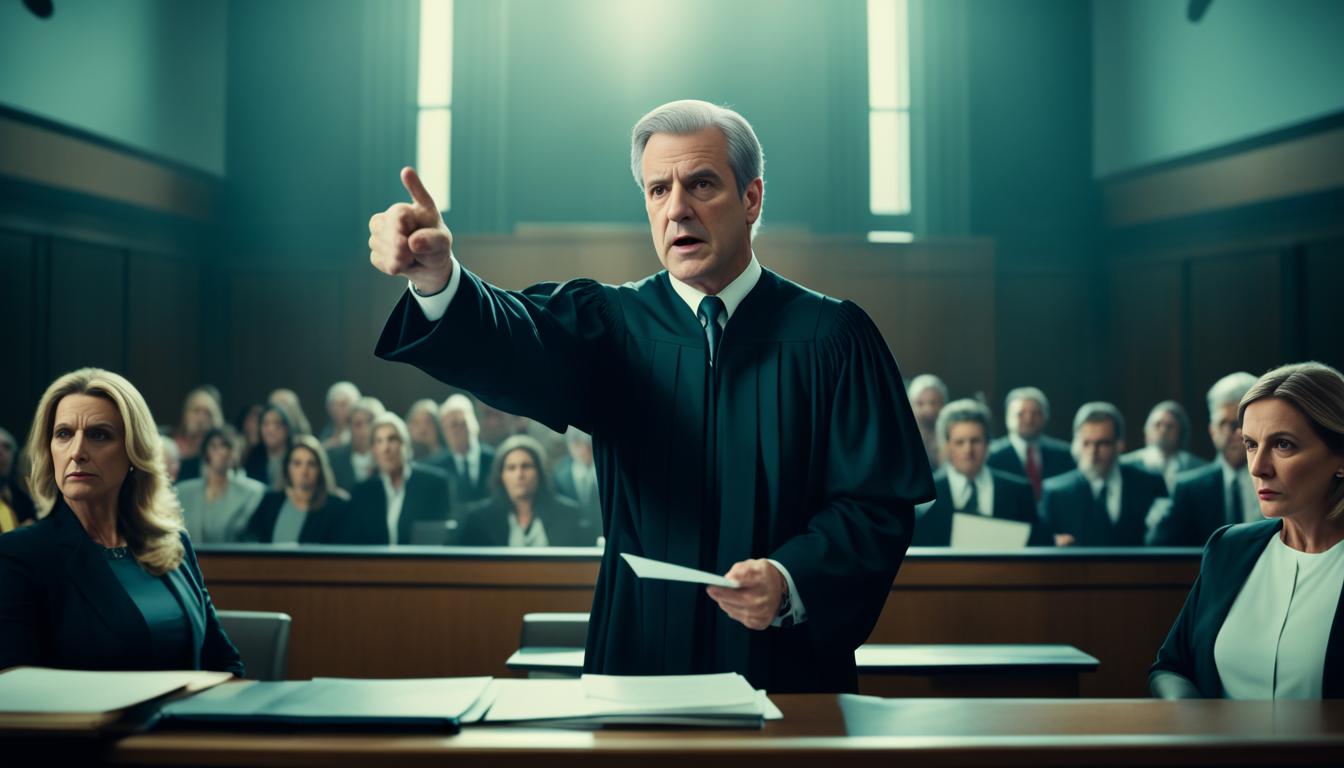
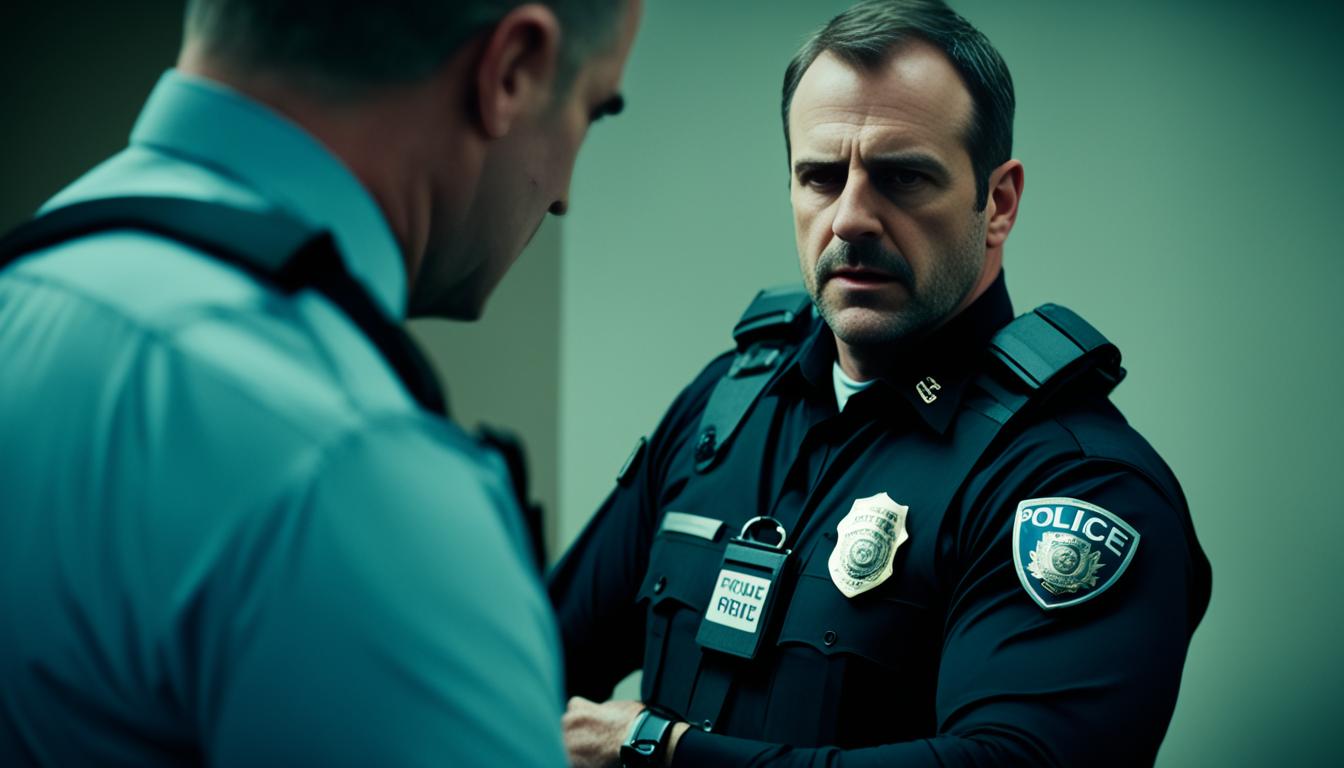

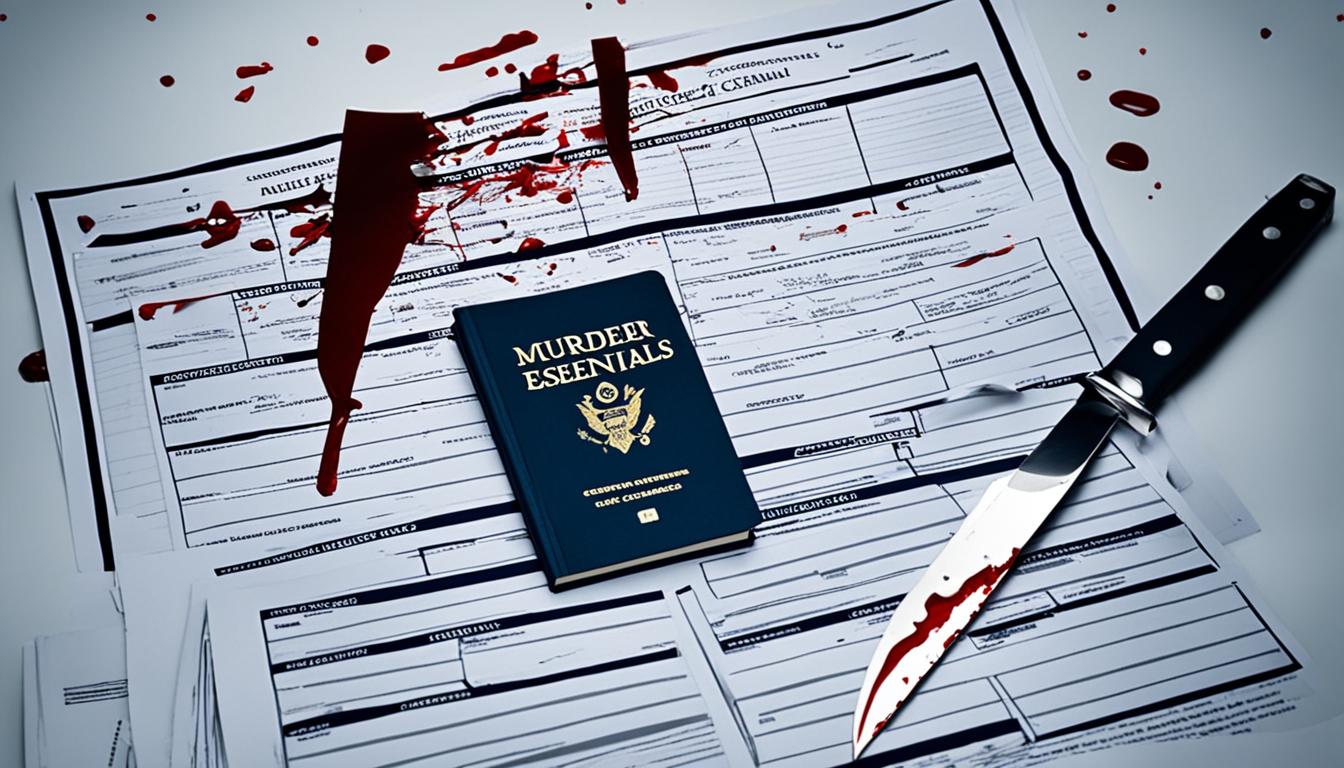

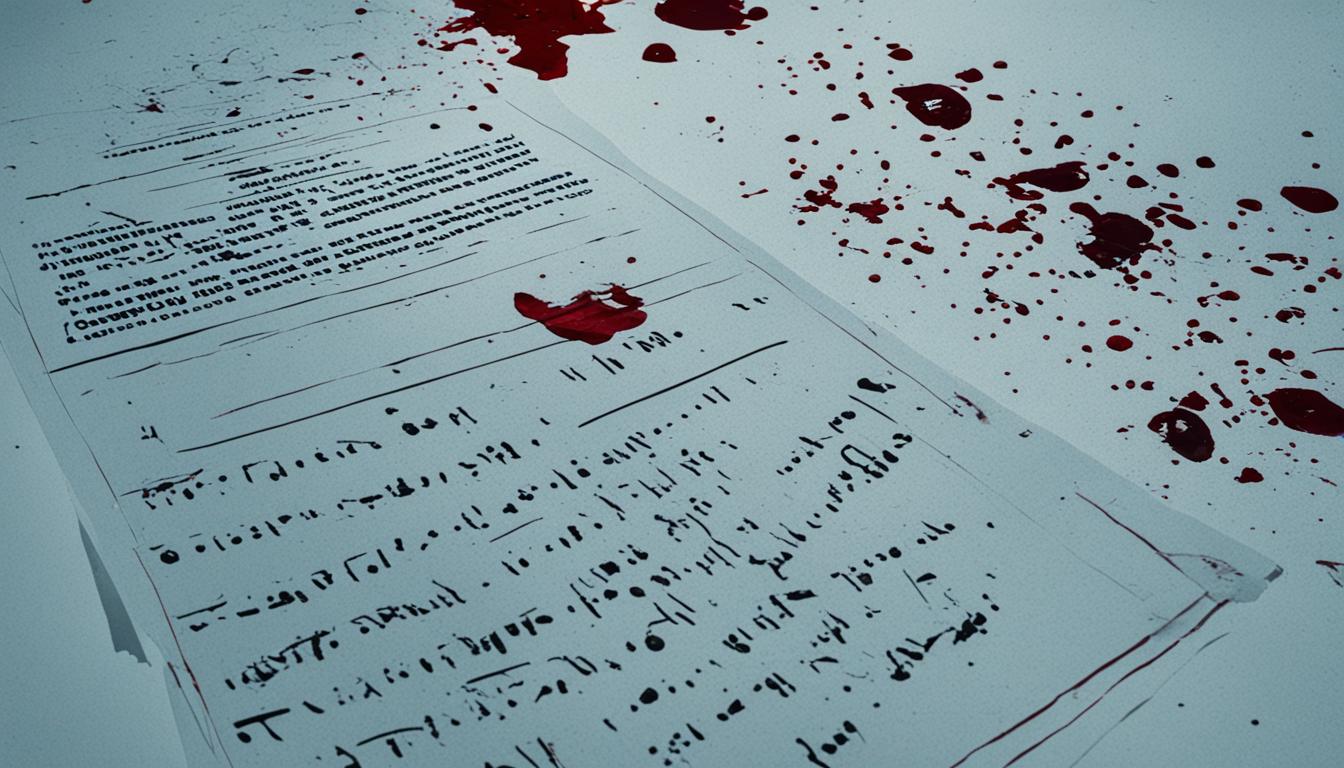
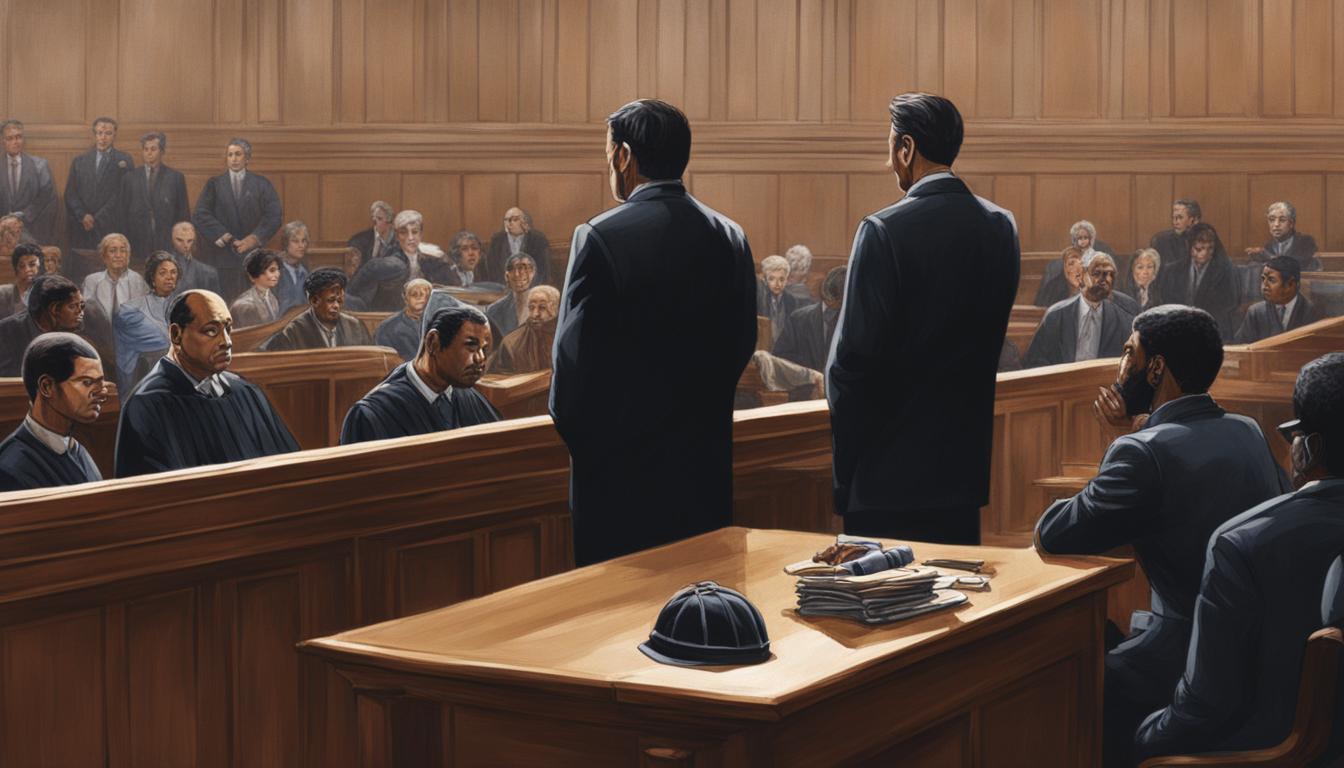

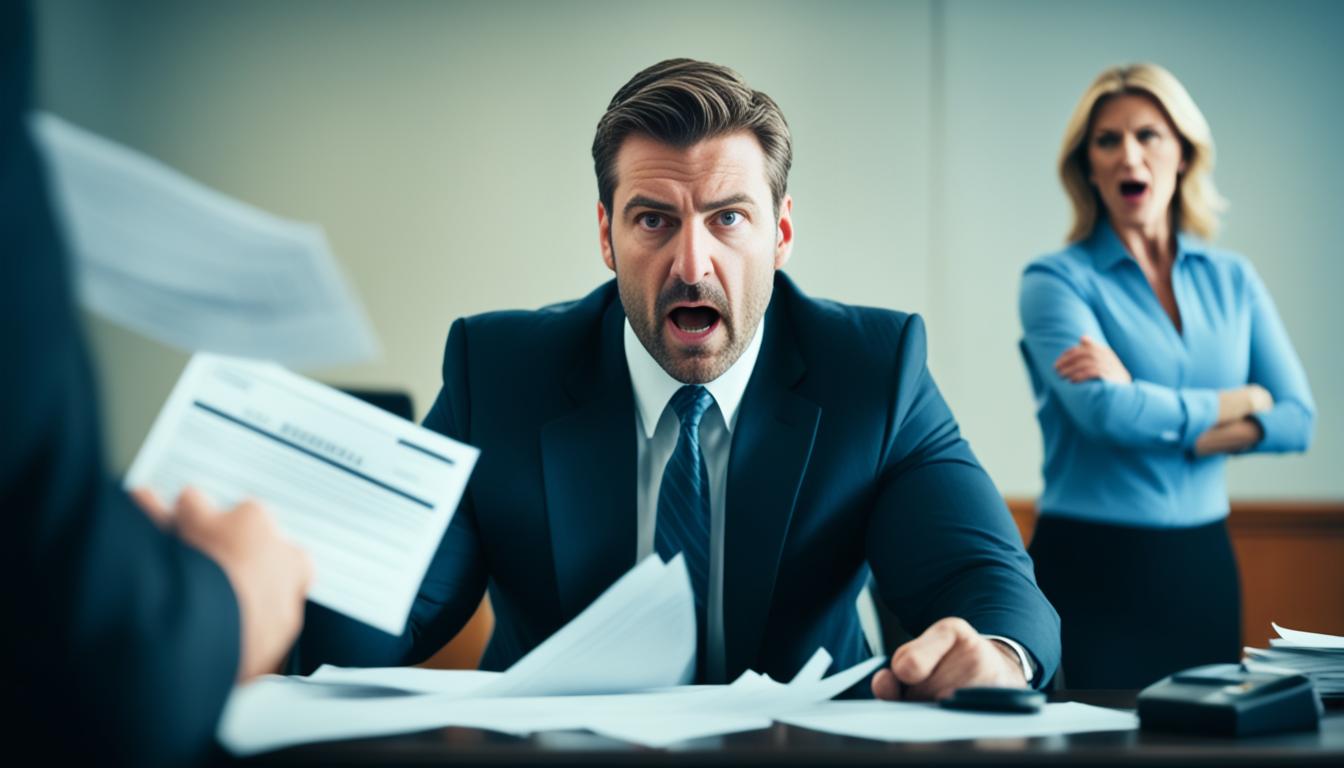











Post Comment